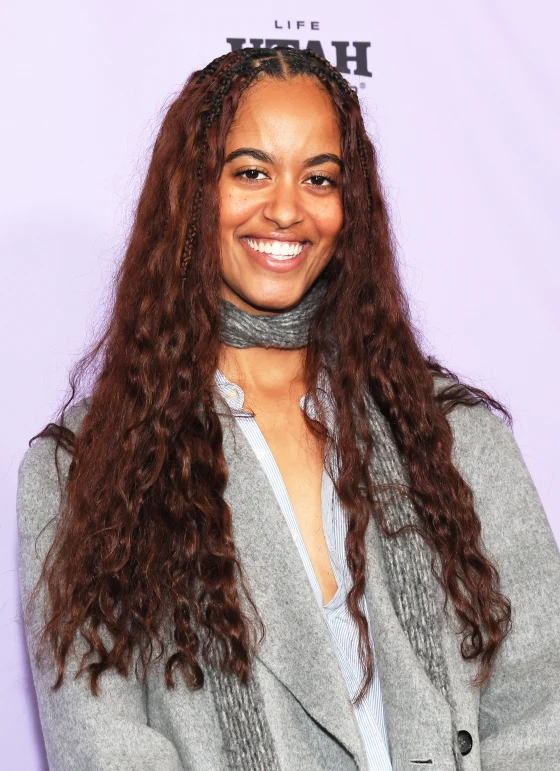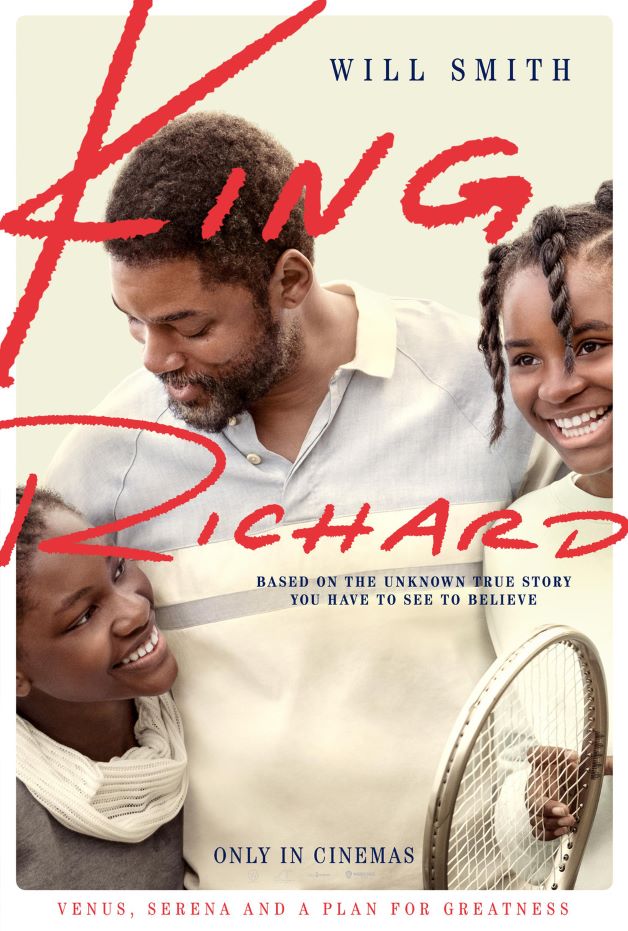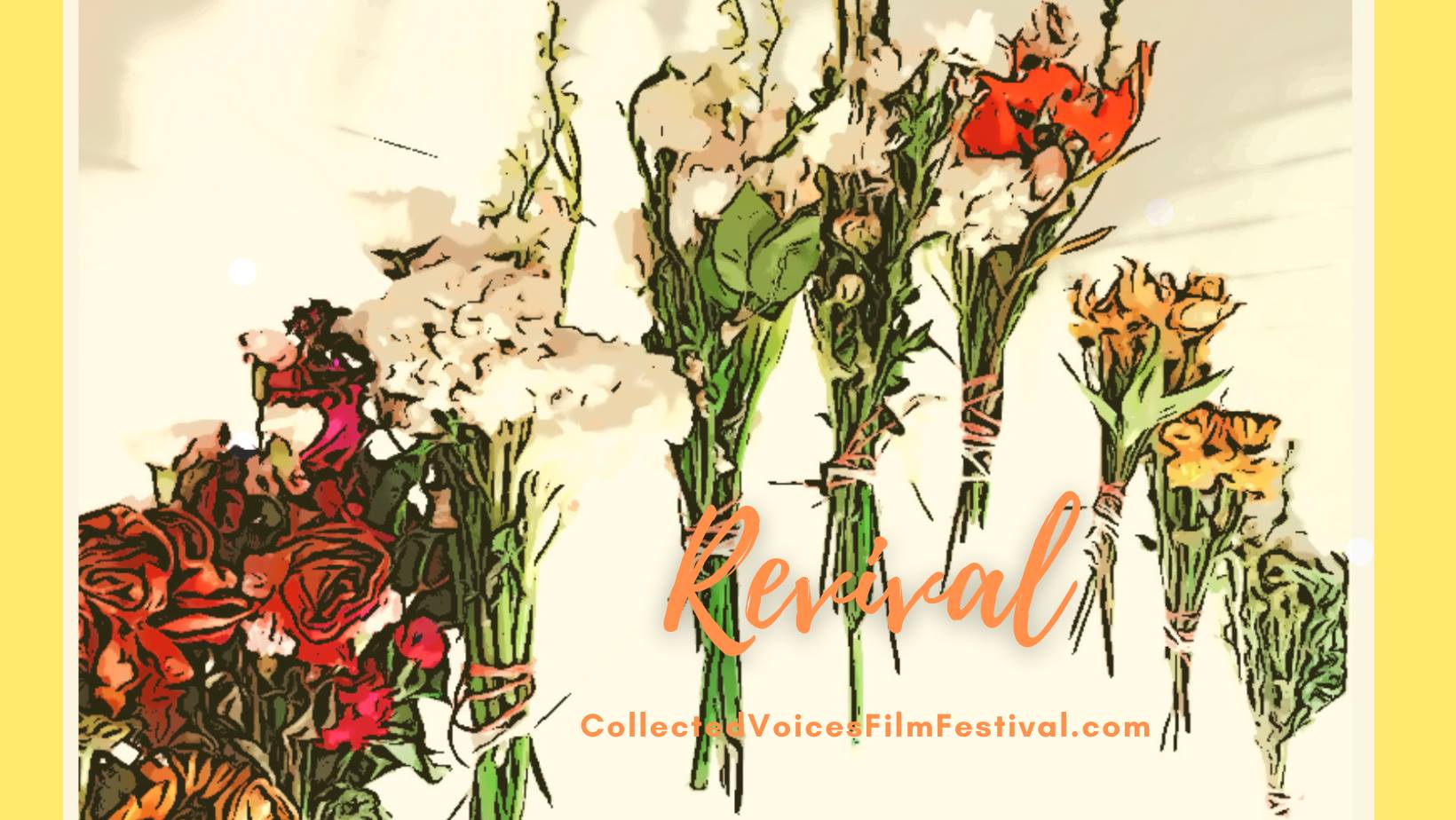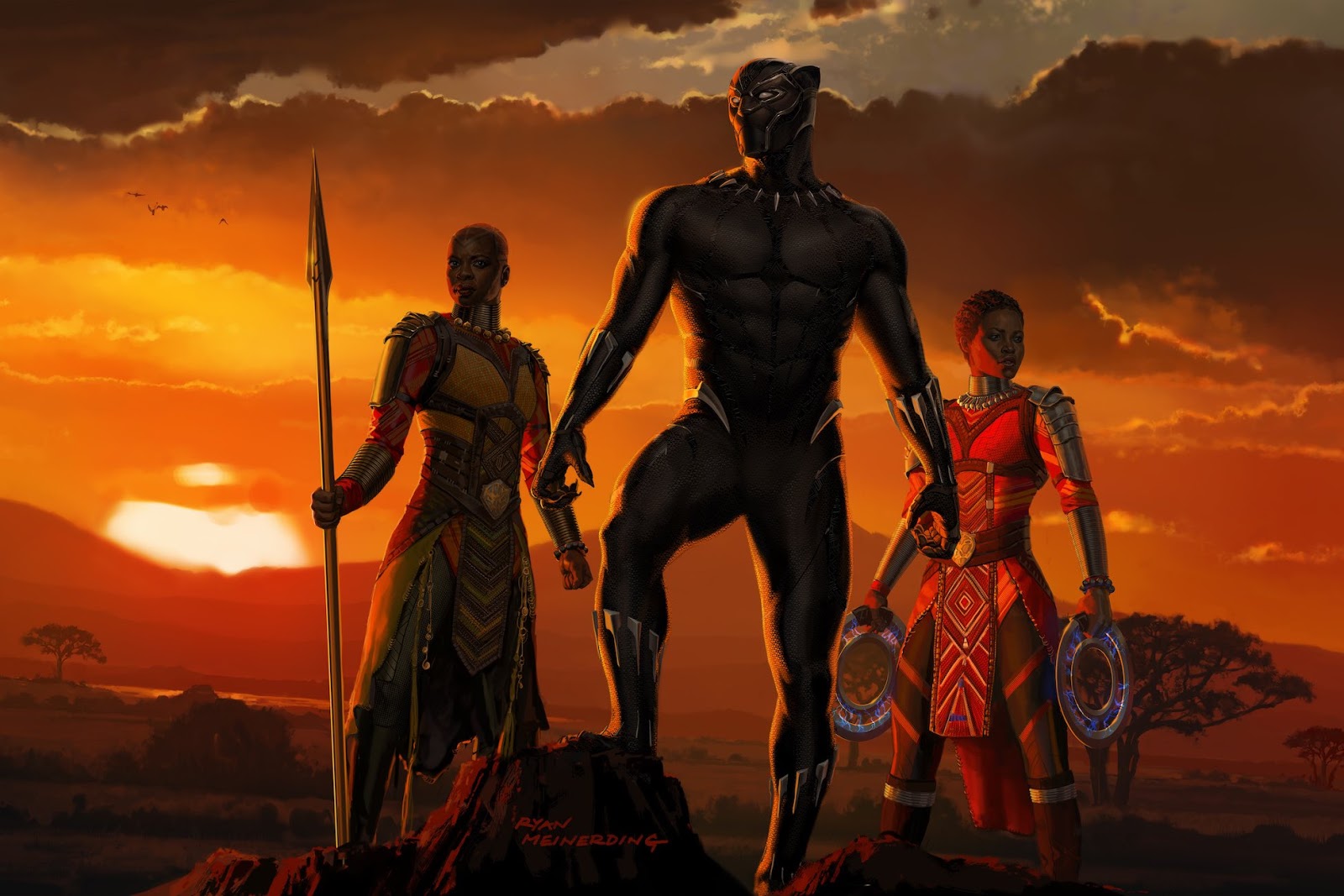We are now faced with the fact that tomorrow is today. We are confronted with the fierce urgency of now. In this unfolding conundrum of life and history, there “is” such a thing as being too late. This is no time for apathy or complacency. This is a time for vigorous and positive action. Martin Luther King, Jr.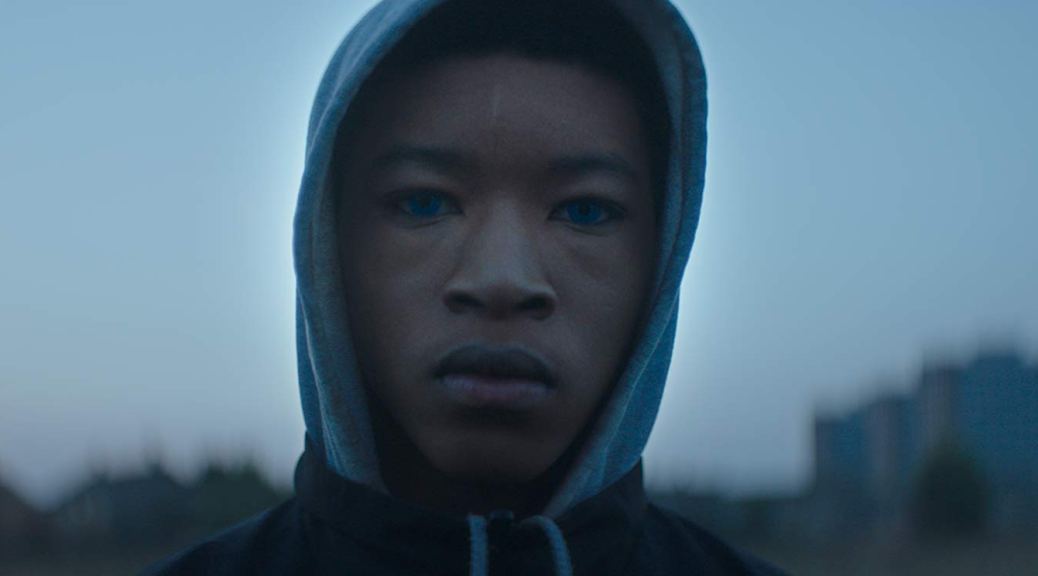
February 24th, 2019. With only four days left in Black History Month, I watched the most prestigious awards show for visual artists and performers take a fierce and urgent leap towards inclusion. If the Academy Awards of 2015 were punctuated by the battle cry “Oscars so White!” This year’s awards have countered that claim with a resounding and beautiful “Oscars so human!” There is a feeling with this year’s nominees and winners, that no story is too inconsequential, too terrifying, too shameful, whimsical, or too black, to lift its varied and glorious wings and take flight.
From a bun come to life in the Academy Award winning animated short Bao, to the very real and terrifying problem of a period without pads in Period. End of Sentence., I am reminded that stories are special because of the unique perspectives behind them. And in particular, this year’s eighteen Oscar nominated short films, a category recognized by no other guild but the Academy, present a fierce and artfully constructed urgency that is inherent to the nature of short form story telling itself. So, while these films may be, well, short. These aren’t mere utterances or polite whispers. This. Is a lion’s roar.
In director Ed Perkins masterful documentary “Black Sheep”, Cornelius Walker talks about the roar of his father. Whenever his dad was angry, he would beat his chest and say, “I am a lion!”. Cornelius got it into his system that if his dad was a lion then he was the son of a lion and he couldn’t show weakness. This need to please his father and gain his love drove him to confront the racism he faced as a young man, not by fighting back, but by trying to fit in. He bleached his skin, wore blue contact lenses, and became just as violent as the racist kids who beat him up when he first moved into their town.
In the span of twenty-five minutes Cornelius’ story speaks of the fierce urgency of the need to be accepted and how that need may drive the oppressed to wear the shoes of his oppressor. This is not because he is bad but because he is human, and like all of us, he wants to be loved.
This thread of love and the anti-hero’s redemption bursts forth with vibrancy and a kick-ass dose of girl power in this year’s winning short form documentary, “Period. End of Sentence.” An ironic title considering the film documents the beginning of a revolution for a group of determined female entrepreneurs in a small village just outside of Delhi.
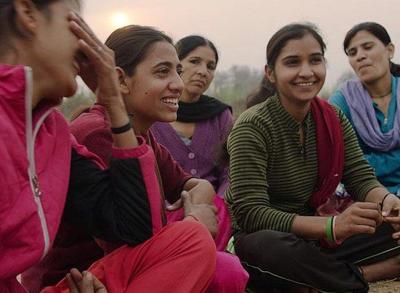
Directed by Rayka Zehtabchi, “Period. End of Sentence.” takes the subject of shame and makes it a catalyst for empowerment. Many teenage girls in India, stop going to school when they get their periods. Because they don’t have access to affordable sanitary napkins, they use whatever rags or old clothes they can find. Many times, the blood of menstruation leaves a stain on their clothes and on their pride. If you are uncomfortable reading this, think of what it must be like to live this experience. Zehtabchi makes it easy. This is a story of triumph that carries you through the shame of the young girls as if it were your own shame, then lifts you up and out of that shame when a local group of female entrepreneurs learn to make sanitary napkins and create a low-cost brand of pads called “Fly”. Suddenly periods, bring power. And good on the Academy for offering a platform and celebrating this very real issue.
Speaking of real issues. Let’s talk about my tears and heart break over a steamed bun. I’ve never cried over a Bao before. But this year’s animated short winner, Bao, a film about a grieving mother, who after her son leaves, has an empty home, made me cry.
An aging mother, while making baozi (steamed buns) in her kitchen, witnesses one of the buns come to life as a boy, who she instantly makes her companion. She finds comfort in this bun, she learns to love it, and when it threatens to leave… She eats it. I couldn’t believe she ate it! She killed it! But I understood. And that’s crazy! With my jaw dropped open. I understood. She couldn’t bear to lose another thing.
In this unlikely love story, humor holds hands with our humanity. It’s a message of longing, how we deal with loss, and how we fight to overcome. This urgent fight for love is presented again, but with terrifying urgency, in Rodrigo Sorogoyen’s Oscar nominated live action short Mother. The entire film takes place in an apartment in Madrid, where a mother receives a phone call from her son who has been abandoned on a beach. He is alone, scared, and he only has one bar left on his cell phone battery. Sorogoyen is a genius at building tension and fear. The mother in the film never leaves her apartment, and while I never saw the face of her son, I found myself terrified and pleading for his life. I wanted him to be found. I wanted him to survive in the same way that I wanted the young boy caught in quicksand, in Jeremy Comte’s live action short Fauve to survive. I wanted the boy to escape the sand and go back to playing naughty games and tricking his young companion. A fierce urgency for survival rose up in me, and for a moment, I was not fighting for myself or the things that I strive for daily, I was fighting for everyone else. A mother. A bun. A mischievous boy. Something we call “short” was expanding every corner of my heart and replacing judgement with compassion. These powerful stories allow us to jump into a new skin. If only for a moment, we become like the lead character in Guy Nattiv’s award winning live action short “Skin”. We become the other.
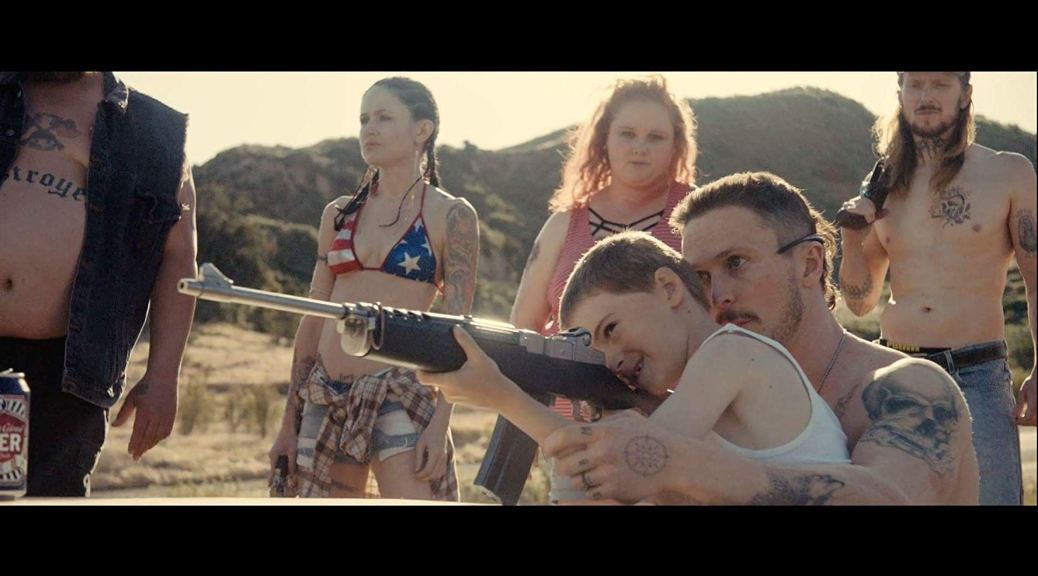
In Skin, this year’s winner in the live action category, a racist white father allows his son to witness him and his Nazi gang brutally beating an innocent black man at a supermarket. He teaches his son how to shoot guns, and he teaches his son to hate people for the color of their skin. In an allegorical turn “Skin” says if you teach hate, you will be met with hate. It will find you where you are. Nattiv wanted to create a conversation on race and gun control and to show how it affects the perpetrator in ways that are unexpected and profound. He seems to be saying, there is an urgent need for change.
Within our nation we have been met with separatist rhetoric that has become stronger than I personally could have predicted. Marshall Curry’s “A Night at the Garden,” reminds us that racism and nationalism were here long before Trump. He didn’t create it, he simply energized something that was boiling beneath. But the voices of freedom, expression and love have answered. This is not just one man’s or one group’s world. This is everyone’s world, and these are our voices.
This year’s short film nominees are as diverse as the stories they have told. From animated features taking a steamed roll and making it into a human in Bao, to a hilarious support group for animals in Alison Snowden and David Fine’s nominated animation short Animal Behavior, the short film is more vibrant, alive and beaming with passion than ever before. Let this be a lesson to us all. Life’s a short. Be fierce. Be brave. And make it epic. Period… End of sentence.



